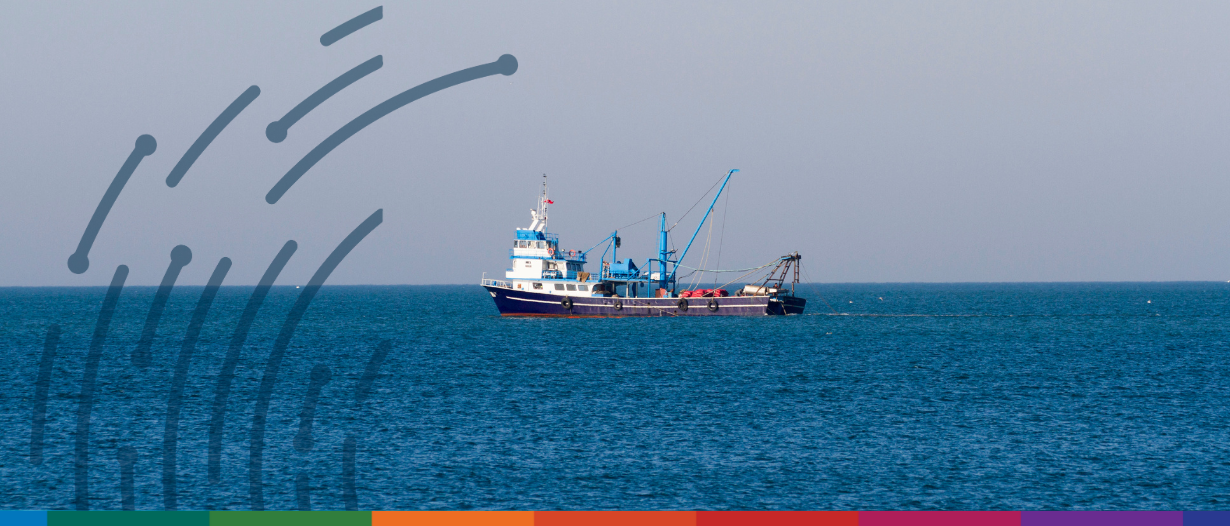On Wednesday, the United States announced that it ratified a deal to cut subsidies contributing to overfishing, becoming the first large fishing nation to do so.
United States Trade Representative Katherine Tai said, “The United States has been a leader in protecting our shared environment from harmful and unsustainable practices, including our oceans and marine resources — and those whose livelihoods depend on them.
We are proud to be among the first WTO members to accept this agreement, which is the first-ever multilateral trade agreement with environmental sustainability at its core. It will help improve the lives of fishers and workers here in the United States and elsewhere, and we look forward to building on this agreement with other WTO members.”
Adopted by consensus at the WTO’s 12th Ministerial Conference (MC12) held in Geneva on 12-17 June 2022, the Agreement on Fisheries Subsidies sets new binding, multilateral rules to curb harmful subsidies, which are a key factor in the widespread depletion of the world’s fish stocks.
Director-General Ngozi Okonjo-Iweala said on Twitter, “Hope others will follow suit. Let’s get it done by MC13!” referring to the next major conference of the trade watchdog in 2024, where outstanding parts of the deal will be discussed.
In response, Alejandro Pérez, senior vice president, policy and government affairs, WWF, said,
“Overfishing is destructive to our oceans, ecosystems and coastal communities. Ambassador Tai and the US’ quick action to sign this important Agreement provides the leadership needed to reduce harmful fishing subsidies and advance healthier marine ecosystems and stronger coastal communities. It is urgent for WTO members to expedite the domestic acceptance process so the world can be one step closer to achieving ocean sustainability.”
Global subsidies are estimated at $35.4 billion, according to a 2019 study published in Marine Policy. The top five subsidisers are China, the EU, the United States, South Korea and Japan, it said, although not all of them are considered “harmful” and within the scope of the WTO deal.























